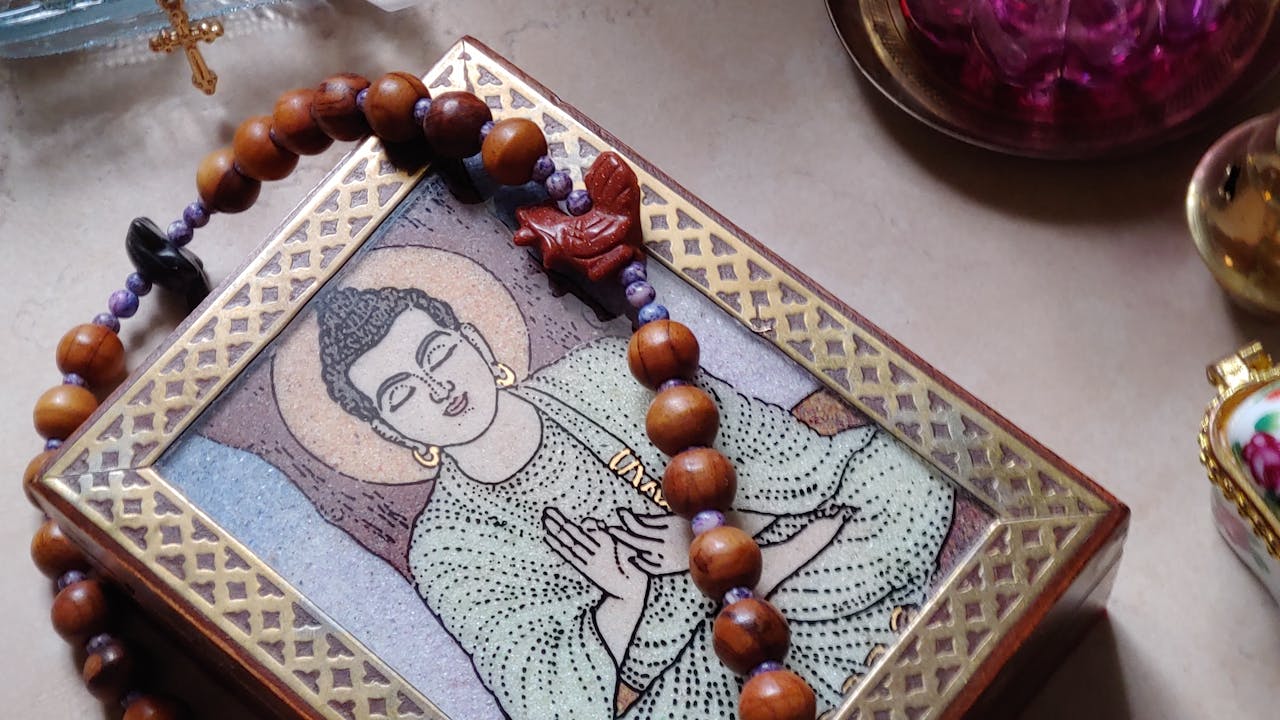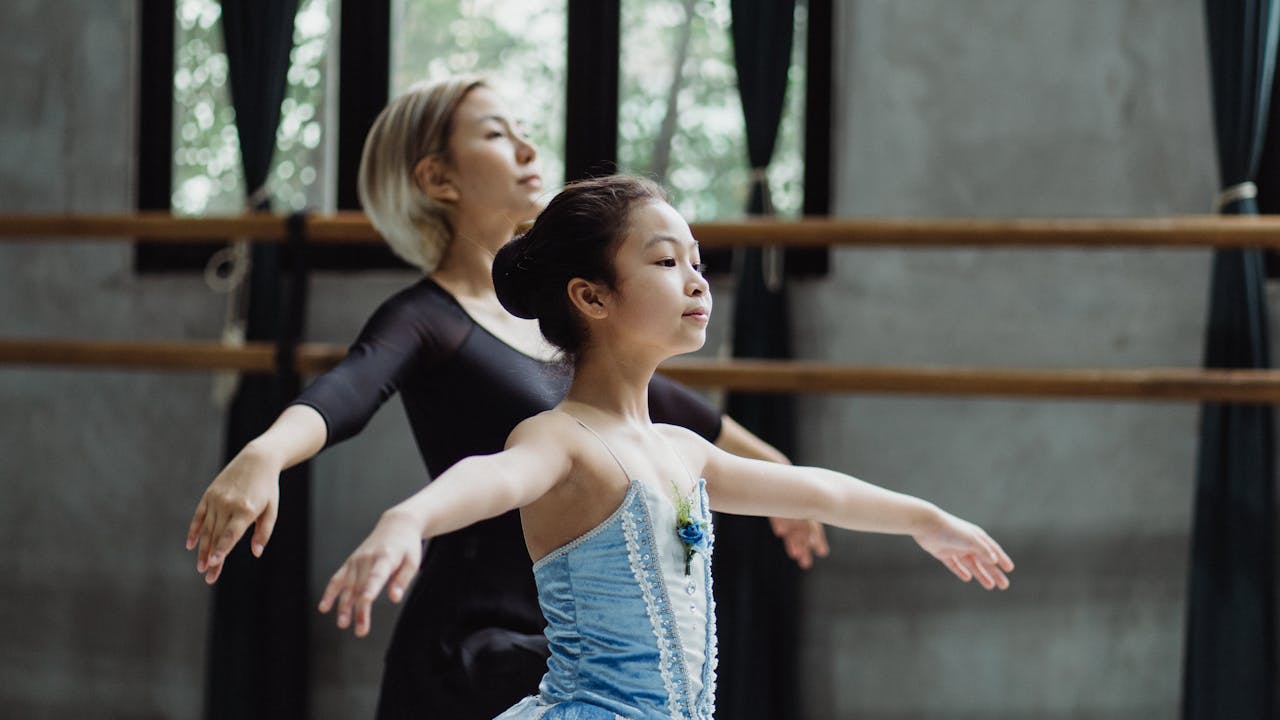History education stands as a cornerstone of knowledge, offering individuals a window into the past and a deeper understanding of the present. By exploring the events, people, and ideas that have shaped human civilization, history education empowers individuals to become informed, critical thinkers and engaged citizens. In this discourse, we delve into the essence of history education, its transformative potential, and its role in shaping well-rounded individuals and societies.
Understanding History Education
History education encompasses a diverse range of pedagogical approaches and methodologies aimed at studying and interpreting the past. It provides individuals with opportunities to explore historical events, analyze primary and secondary sources, and engage with different historical perspectives and interpretations. Through structured curriculum, research projects, and classroom discussions, history education fosters critical thinking, analytical skills, and a deeper understanding of the complexities of human history.
Fostering Critical Thinking and Analytical Skills
One of the primary objectives of history education is to foster critical thinking and analytical skills in individuals. By examining historical evidence, evaluating different interpretations, and constructing arguments based on evidence, students learn to think critically about historical events and develop a nuanced understanding of complex historical issues. History education encourages students to ask questions, challenge assumptions, and engage in thoughtful analysis, empowering them to become informed and discerning citizens.
Promoting Cultural Understanding and Empathy
History education promotes cultural understanding and empathy by exposing students to diverse historical perspectives and experiences. By studying the history of different cultures, societies, and civilizations, students gain insight into the values, beliefs, and traditions of diverse communities. History education fosters empathy, tolerance, and respect for cultural diversity, helping students develop a global perspective and a greater appreciation for the interconnectedness of human history.
Empowering Active Citizenship
History education plays a crucial role in empowering individuals to become active and engaged citizens. By studying the history of political movements, social reforms, and struggles for equality and justice, students learn about the importance of civic engagement and activism in shaping the course of history. History education encourages students to reflect on their roles and responsibilities as citizens, empowering them to participate in democratic processes, advocate for social change, and contribute to the betterment of society.
Preserving Cultural Heritage
History education also plays a crucial role in preserving cultural heritage and collective memory. By studying and preserving historical artifacts, documents, and monuments, students gain a deeper appreciation for the cultural richness and diversity of human civilization. History education fosters a sense of pride and connection to one’s cultural heritage, while also promoting a broader understanding of the shared human experience across time and space.
Understanding Contemporary Issues
History education provides individuals with the tools and knowledge needed to understand contemporary issues in their historical context. By examining the historical roots of current events, students gain insight into the complex interplay of factors that shape the world today. History education encourages students to critically analyze contemporary issues, identify patterns and trends, and draw connections between past and present, empowering them to make informed decisions and take action on pressing social, political, and environmental issues.
In conclusion, history education serves as a powerful tool for personal and societal development, enriching lives through the exploration of the past and its relevance to the present. By fostering critical thinking, promoting cultural understanding and empathy, empowering active citizenship, preserving cultural heritage, and providing insights into contemporary issues, history education equips individuals with the skills, knowledge, and perspectives needed to navigate an increasingly complex and interconnected world. Through continued investment and commitment to quality history education programs, we can unlock the transformative power of history to create a more informed, engaged, and resilient society.




